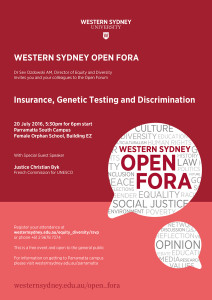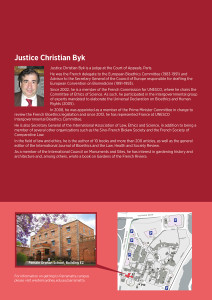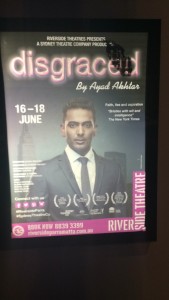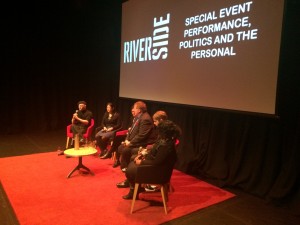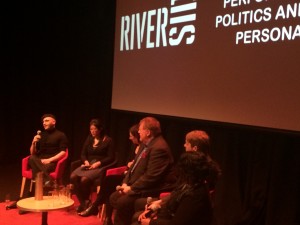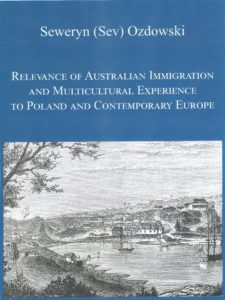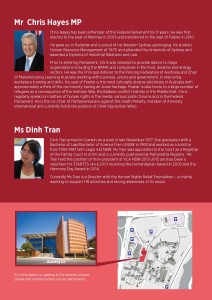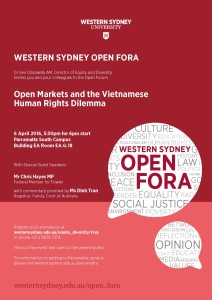Death penalty has been abolished in Australia long time ago and by now most of us agree that there should be no death penalty on our law books.
But the execution of Andrew Chan and Myuran Sukumaran in Indonesia on 29 April 2015 made the capital punishment a BBQ stopper of conversations again. In fact, Indonesia is currently preparing to execute further 15 individuals sentenced mostly for drug related offences. What is however of particular concern is the fact that the death penalty is making an alarming resurgence in Australia’s neighbourhood as several Asian countries move forward with executions.
For example, the recently elected Philippine President Rodrigo Duterte vowed to reintroduce capital punishment that was abolished in 2006. On May 11, Bangladeshi officials hanged Motiur Rahman Nizami following a conviction in Bangladesh’s International Crimes Tribunal for alleged political and war crimes in early seventies. On May 8, the Afghan government hanged six Taliban prisoners as part of President Ashraf Ghani’s efforts to respond to critics who have demanded that the government take a harder line against the Taliban.
It is time for Australians and our government representatives to mobilise to present a consistent, principled objection to capital punishment and try to reverse this Asian trend before it is entrenched. International human rights law is clear: if used at all, the death penalty should be reserved only for the “most serious crimes” – most of drug offences do not meet this threshold.
This month the Australian Parliamentary Joint Standing Committee on Foreign Affairs, Defence and Trade released its report of an inquiry into Australia’s Advocacy for the Abolition of the Death Penalty entitled: “A world without the death penalty” The report makes 13 recommendations and acknowledges that Australia has traditionally been a strong advocate for the abolition of the death penalty.
The report recommends that the Department of Foreign Affairs and Trade coordinate “the development a whole-of- government Strategy for the Abolition of the Death Penalty which has as its focus, countries of the Indo-Pacific and the United States of America” Philip Ruddock, chair of the report’s Human Rights Sub-Committee and Australia’s Special Envoy for Human Rights, has made ending capital punishment a signature issue.
Let us work together to ensure that Australia carries out the recommendations of the Report and urgently intervene with relevant countries to privately and publicly denounce past executions and oppose future ones. Our officials should work closely with the United Nations and other abolitionist countries to urge our neighbours to get rid of the death penalty once and for all.
